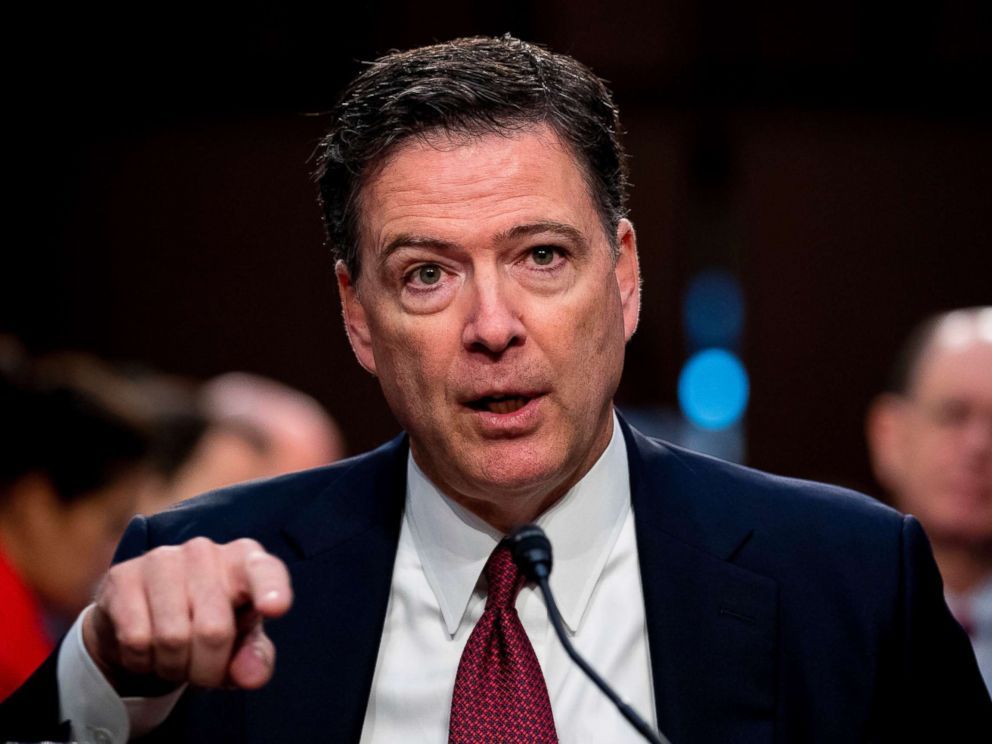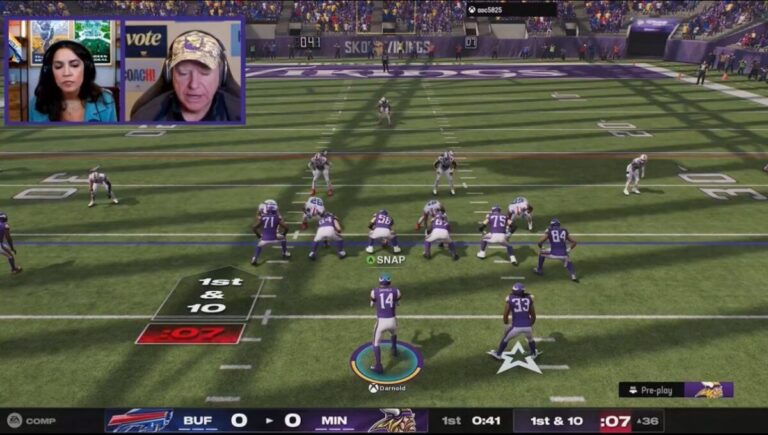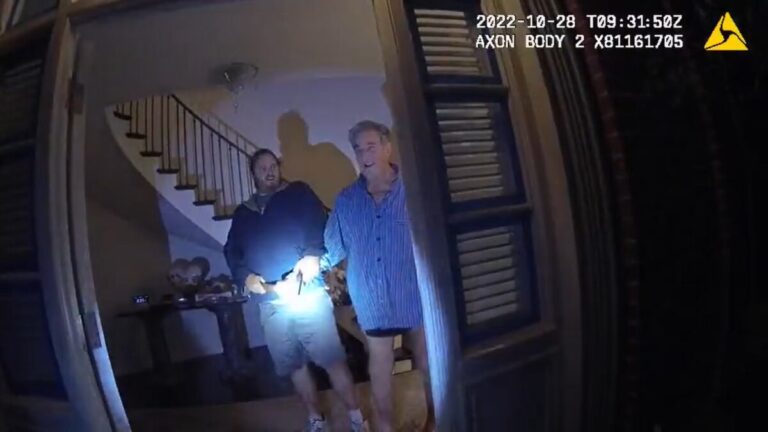The House Judiciary Committee has launched a probe into explosive claims from a whistleblower who alleges the FBI engaged in a covert, unauthorized operation against President Trump’s 2016 presidential campaign. According to this whistleblower—an FBI agent directly involved in the initial stages of the investigation—then-FBI Director James Comey personally orchestrated the operation, which included deploying undercover female FBI agents as “honey pots” to infiltrate Trump’s campaign and travel with his staff, gathering intelligence on the team.
In a disclosure reviewed by The Washington Times, the whistleblower described the operation as “off-the-books,” running separately from the well-known Crossfire Hurricane investigation. Crossfire Hurricane, launched in July 2016, was the official FBI probe into alleged Russian collusion with Trump’s campaign, a high-profile investigation later taken over by Special Counsel Robert Mueller. That investigation focused on Trump campaign advisor George Papadopoulos and alleged Russian interference in the election. However, this whistleblower report suggests there was a covert criminal probe targeting Trump well before the Crossfire Hurricane investigation even started. This would be an unprecedented move, as such an operation would require both a robust legal foundation and authorization from top officials, including the Attorney General—none of which, according to the whistleblower, were in place.
Adding fuel to the controversy, the whistleblower contends that evidence of this covert operation was kept from Justice Department Inspector General Michael Horowitz during his investigation into the FBI’s handling of the Trump campaign probe. If true, this omission would indicate not only a breach of standard protocol but also a deliberate attempt to obscure the FBI’s activities from oversight authorities.
Former FBI Assistant Director Chris Swecker has sharply criticized these allegations, calling them an “egregious violation” of the FBI’s protocols and ethical standards. He stated that any such covert action, particularly against a presidential candidate, would need to be “predicated” on clear evidence of wrongdoing, which, according to the whistleblower, was lacking. “It’s sensitive to the point where it would have to have been approved by the attorney general,” Swecker said. “And in this case, I’m not hearing any predication.”
The House Judiciary Committee has confirmed it is actively investigating these allegations, as the whistleblower’s account raises questions of institutional bias within the FBI. The implications of an unapproved, secret infiltration of a presidential campaign, especially if motivated by political bias, could be enormous. Not only would such an operation reflect poorly on the FBI’s integrity, but it would also erode public trust in the country’s intelligence agencies. The Judiciary Committee’s investigation will be closely watched for answers that could either validate or refute these claims of unprecedented interference in the 2016 presidential campaign.




Leave a Comment